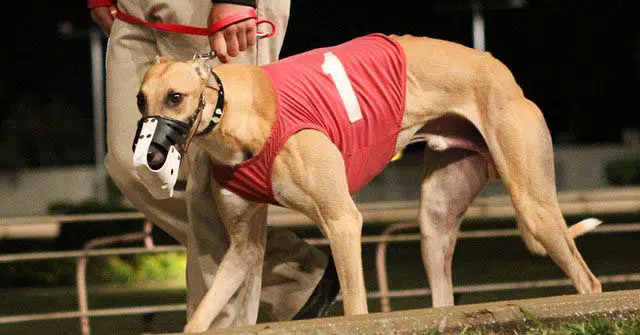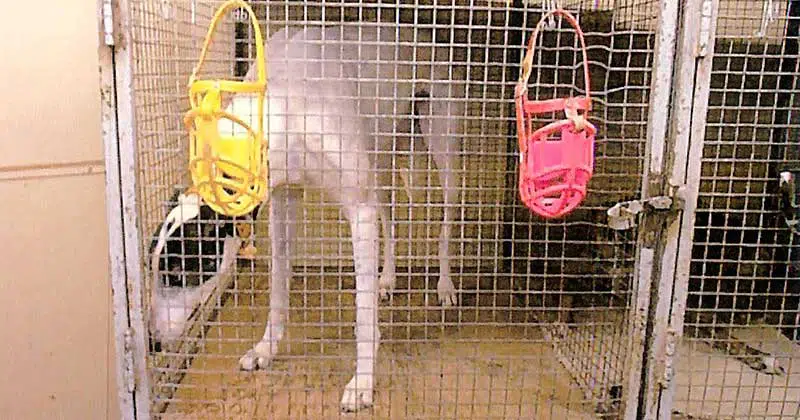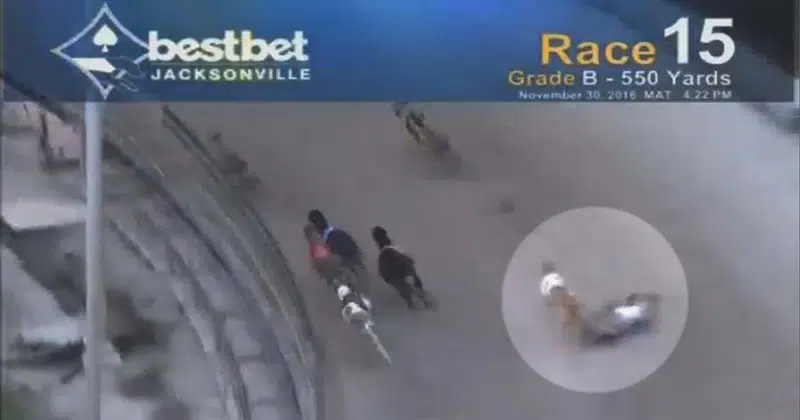0 Tracks

On November 6, 2018 Florida citizens voted 2-1 to prohibit dog racing and thousands of greyhounds got the second chance they deserved!
All the Florida dog tracks are closed. Greyhound racing is unconstitutional and illegal in the state. Read the timeline to victory
GREY2K USA Worldwide was the chief sponsor of Amendment 13, a constitutional amendment to prohibit dog racing and close down the twelve tracks of Florida. The old Miami track, Flagler Greyhound Park, chose to shut down before the vote. The question was approved by a margin of 69% to 31% on the statewide ballot on November 6, 2018 and, triggering a 26-month phase-out of live racing through December 2020. Thousands of dogs received the second chance they deserved. Florida was truly the hub of dog racing worldwide. It was the first place in the world to legalize commercial dog racing, and the passage of Amendment 13 signaled hope for greyhounds everywhere.
In 1931, the Sunshine State became the first US jurisdiction to authorize pari-mutuel wagering on dogs. Innocent hounds were kept confined in small, stacked cages for 20-23 hours a day and fed a diet based on raw 4-D meat. In the last years of racing, over 400 greyhounds tested drug-positive at tracks, including 68 cocaine-positives. A dog died every three days at a Florida racetrack.
By law, the holders of dog track licenses were required to offer at least 100 live racing performances each year. In Fiscal Year 2016, there were a total of 3,369 performances each comprised of 8 to 15 races, amounting to 44,364 total races.1 As of 2018 vote, there were 3,700 greyhounds registered at track kennel compounds across the state.2
Greyhound racing in the state was regulated by the Florida Department of Business and Professional Regulation (DBPR). In May 2013, GREY2K USA lobbied successfully before the agency for an animal welfare rule that initiated the reporting of greyhound deaths at tracks statewide.3 Additionally, a 2016 Seminole County ballot question brought by GREY2K USA's Committee to Protect Greyhounds resulted in a one-of-a-kind regulation which required the Sanford Orlando Kennel Club to license individual greyhounds and to publicly report all racing injuries.4 No other Florida dog tracks ever disclosed this information. In the end, however, the new DBPR death records showing that a greyhound died every three days prompted voters to order the shut down of all dog racing by December 2020.5
In Fiscal Year 2016, the total amount gambled on live racing at Florida dog tracks was $87,003,278. 6 This amounts to a decline of 56.6% over a ten year period.7




Stay up to date and learn how you can help.